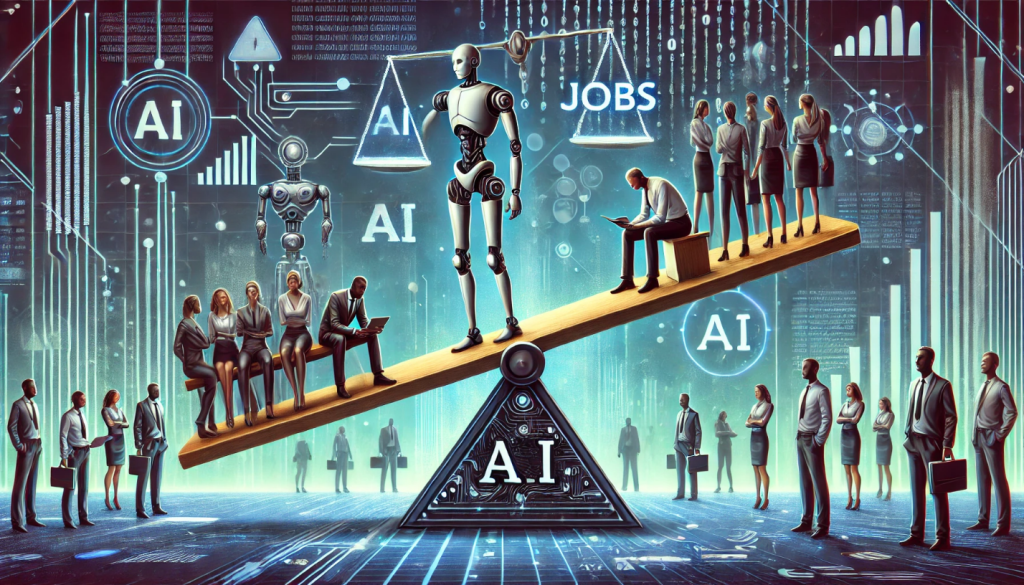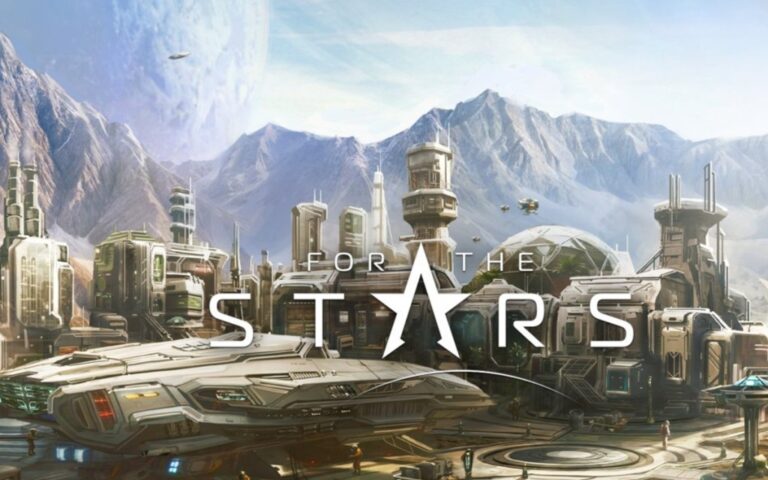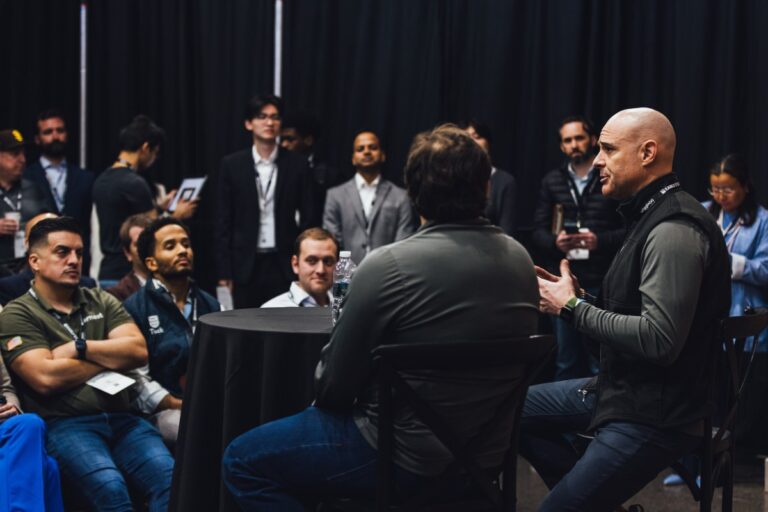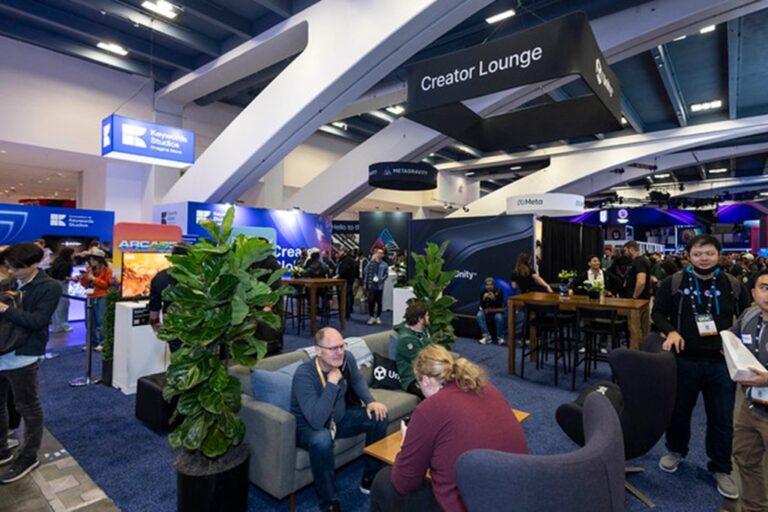AI Job Displacement: Is the Shift Gradual or Sudden?
As we approach 2025, the impact of artificial intelligence (AI) on the job market is becoming a hot topic of discussion. Many experts speculate whether this year will mark a significant turning point where AI not only enhances job performance but also begins to replace human workers in various industries.
The Relationship Between Technology and Economic Downturns
Historically, technological advancements have often emerged during economic downturns. These shifts can lead to both challenges and opportunities for the workforce. Understanding this relationship is crucial for businesses and employees alike.
How AI is Transforming the Workforce
AI technology is rapidly evolving and has the potential to revolutionize the way we work. Here are some key ways AI is impacting jobs:
- Automation of Routine Tasks: AI can take over repetitive tasks, allowing employees to focus on more strategic work.
- Enhanced Decision-Making: AI tools can analyze vast amounts of data, providing insights that support better decision-making.
- Creation of New Job Roles: While some positions may disappear, new roles related to AI development and management are expected to emerge.
Will AI Replace Jobs in 2025?
As we look ahead to 2025, there are several factors to consider regarding AI’s potential to replace jobs:
- Industry Variability: Different sectors will experience varying degrees of AI integration.
- Skill Requirements: Workers may need to upskill to remain competitive in an AI-driven economy.
- Regulatory Considerations: Governments may implement policies to manage the transition and protect jobs.
Preparing for an AI-Driven Future
To navigate the changes brought by AI, both employers and employees must adapt. Here are some strategies:
- Invest in Training: Continuous learning and training programs can help workers acquire the skills needed for new roles.
- Embrace Flexibility: Organizations should foster a culture of adaptability to respond to technological changes.
- Stay Informed: Keeping up with AI trends and developments is essential for making informed decisions.
In conclusion, while the prospect of AI replacing jobs raises concerns, it also opens doors to new opportunities. For more insights on the future of work and technology, visit Forbes’ Future of Work section and explore how businesses are adapting to these changes.







